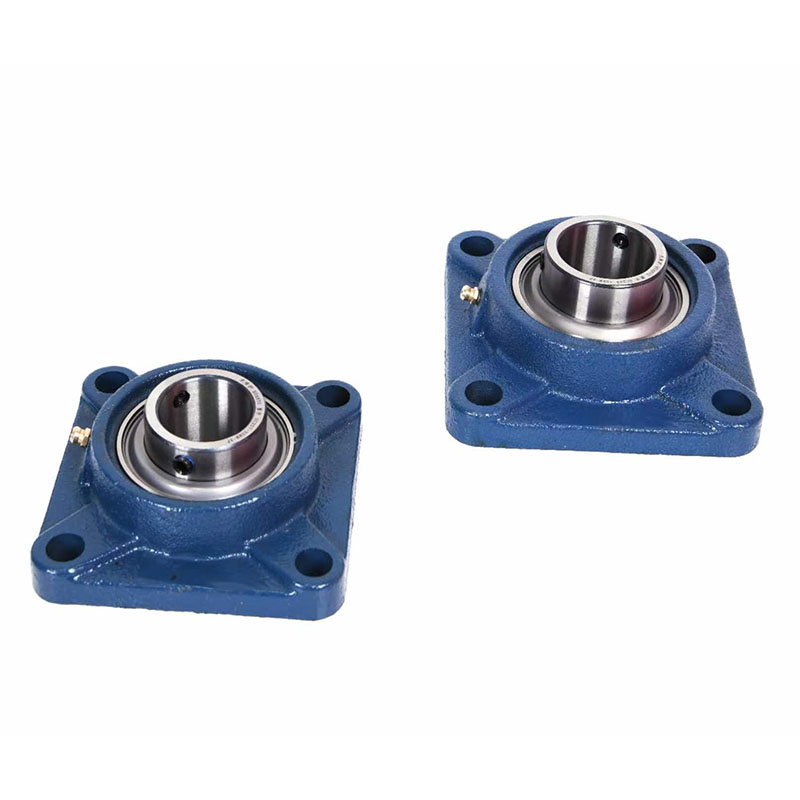Apr . 25, 2024 10:29 Back to list
Properties of high temp bearing grease
High temperature grease is used to lower friction and improve the life of the machines that use high-speed bearings. It is made with High Viscosity Synthetic Base Oil (PAO: Polyalfa Olefin), Tungsten Disulfide (WS2) particles and other special additives.
It has a higher dropping point of 320° in the temperature range of -20° C to 800° C. High temp grease provides excellent service life, stability and load-bearing properties. It is available in 14oz/400 grams, 1 kg and 18 kg/40 lbs/5 packages.
Highlights Of High Temperature Grease
- The grease has the lowest coefficient of friction when compared to the other high temperature grease.
- It has excellent Extreme Pressure (EP) properties because it uses Tungsten Disulfide (WS2) particles. The load-bearing property of Tungsten Disulfide is @ 300,000 psi.
- It is highly resistant to water, rust and a humid environment.
- It has excellent mechanical stability under high shear.
- Due to its EP properties and strong resistance to abrasion, it is ideal for high load and impacts load applications. Due to its ideal properties, it is also used in bearing grease applications.
- As it has a high dropping point, it does not solidify at high temperatures.
Properties of high temp bearing grease
For lubrication of machines that use high-speed rotation types of equipment, grease is used. Grease can affect the bearings used in the equipment. It can lead to increased heat, drag and failure. Select the right grease for your high-speed equipment.
Pillow Blocks UCP X SERIES Bearing (Medium -Duty)
- The viscosity of grease is how thick or thin the lubrication film is, and it is decided based on the load, speed and the surfaces in contact. The viscosity has to be reduced as the bearing speed increases. The hotter the bearing, the lower the viscosity of grease becomes. For a speed factor of greater than 500,000 high temperature bearing grease is used.
- Another property of lubricating grease is channeling. This describes how well the grease can flow and fill a void that is left on the surface. Channeling grease can be easily pushed out when the machine rotates. This leads to less churning and less temperature gain.
- Thickener type can affect the channeling characteristic of grease. The thickener in the grease can be called the sponge that holds the oil. There are short-fiber thickeners and long-fiber thickeners. Short-fibered thickeners have a smooth texture and offer better channeling characteristics.
Latest news
-
Spherical Bearings Enabling Bionic Joint Over-Rotation
NewsAug.22,2025
-
Stainless Steel Sphericals: Botong's Harsh-Environment Heroes
NewsAug.22,2025
-
Spherical Roller Thrust Bearings For Space Elevator Anchors
NewsAug.22,2025
-
Axial Spherical Roller Bearing: Xingtai's Motion Architects
NewsAug.22,2025
-
Ceramic Coated Bearings For Fusion Reactor Plasma Whirlpools
NewsAug.22,2025
-
Botong's Zirconia Bearing: Defying Metal Limits
NewsAug.22,2025
